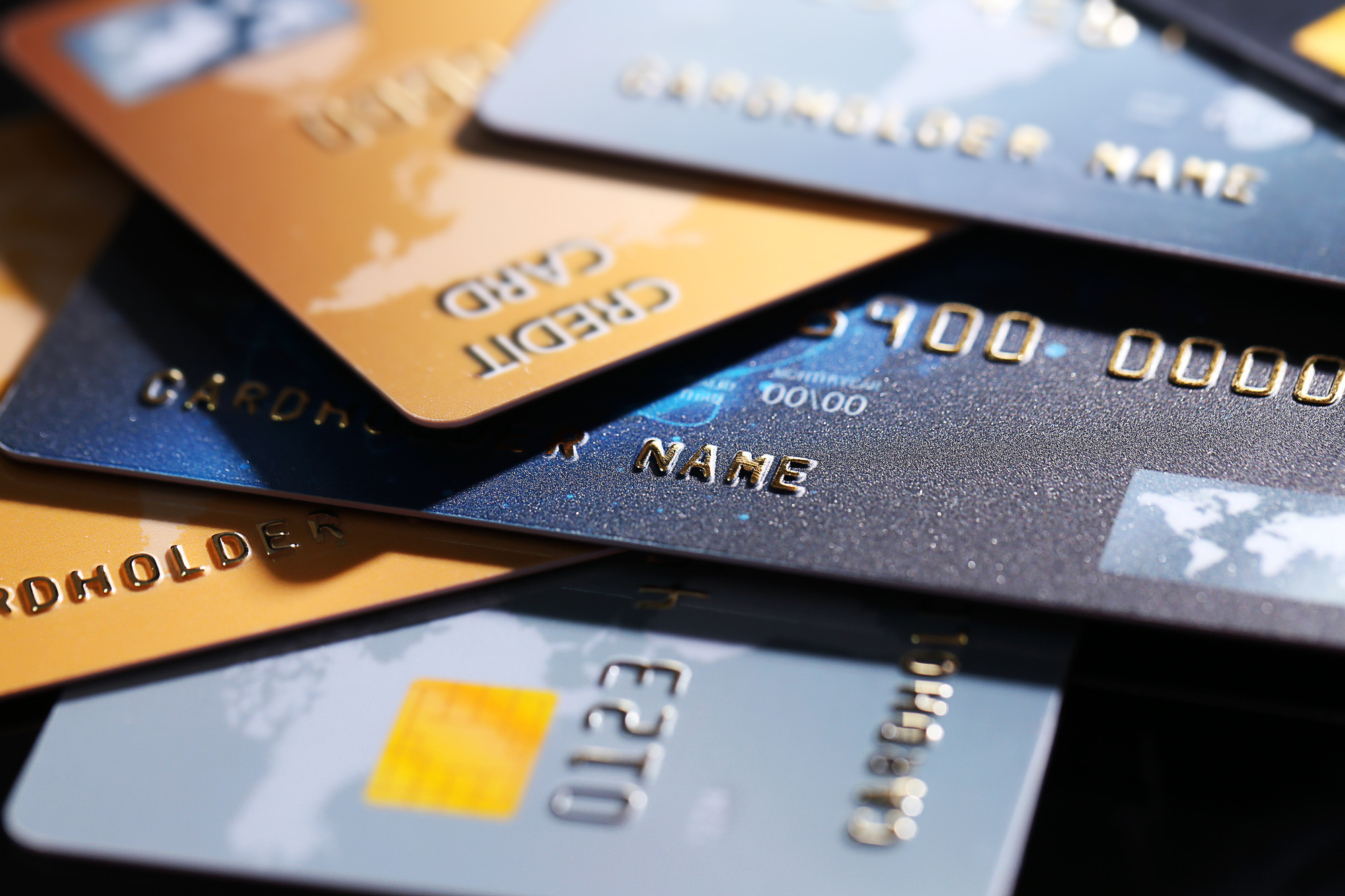Getting into credit card debt is easy. Paying it off is another story.
If you find yourself carrying more debt than you should, you aren’t alone. Dealing with monthly bills and life’s unexpected expenses make getting out of credit card debt seem like an impossible task.
If you’re trying to reduce your U.S. credit card debt, don’t be discouraged. We have some tips to help you pay off those credit cards and move ahead to a brighter financial future.
1. Get Organized
Before you can begin to get out of debt, you have to have a realistic picture of your financial situation. Make a list of every creditor and the amount of debt you owe.
No matter what you owe, don’t let it stop you. The sooner you begin the process, the better.
Write down the balance for each credit card, the interest rates, minimum payments, and what you pay in interest each month. Once you see the debt you need to tackle, you can begin laying out a plan to pay it off.
2. Pay More Than the Minimum
Many people have multiple credit cards yet pay the minimum required amount each month. This leaves you paying way more than you should and extending your debt far into the future.
One way to pay your credit cards off faster is to pay more than the minimum every single month. Every dollar you pay over the minimum goes toward the principal balance of your loan.
The more you pay, the faster you reduce your debt. When you have a little extra money, put it towards your credit card balance. Every little bit makes a dent in your debt.
3. Think Consolidation
If you have multiple credit cards, consider consolidating your debts into one loan. It can be stressful and confusing to keep up with multiple lenders.
You may be able to consolidate all your credit card debt, leaving you with one monthly payment. You could end up with a lower payment each month and an extended repayment period.
This is also an option if you’re carrying student loan debt. Not all credit card balances are eligible for consolidation. Check with a reputable lender for more information.
4. Ask for Lower Rates
Paying off credit card debt requires strategy and time. It’s worth your time to see if you can get lower interest rates on your credit cards.
Know the interest rates you’re paying and ask them to lower the rate. If you’ve been a long-term customer, you have a good chance of getting a reduced rate.
Some companies charge interest rates in the high teens and into the 20 to 30% range. There’s a lot of wiggle room there and getting a lower rate can speed up your payoff time.
You have nothing to lose. Take the time to call each lender and ask for a lower interest rate.
5. Check Into Balance Transfers
Another option for lowering your interest rates is transferring your balance to another credit card. When you transfer from one card to another, you can usually get a much lower interest rate.
Some cards offer a 0% interest rate for a certain amount of time after a balance transfer. This usually lasts around 6 to 21 months before the rates go up.
After that, the regular rate applies. The goal is to pay down as much of your debt as possible during the grace period.
6. Trim Your Expenses
Creating new debt while paying off old debt is a vicious cycle you don’t want to start. As you pay down your debt, try to curb your expenses any way you can.
It may not be fun to think about changing your lifestyle, but trimming your expenses can impact your debt reduction in a positive way.
Doing simple things like taking your lunch to work, making your own coffee, ending subscriptions, and putting off new purchases can help you save money.
If you eat out at restaurants on a regular basis, try cooking at home more. Look at where your money is going each month and how much you spend on nonessentials.
Then, see where you can cut expenses to help pay off your debt faster.
7. Make More Money
If you can’t save enough to pay off your credit card bills, try earning a little extra money each month. This may mean picking up some extra shifts, getting a part-time job, or starting a side gig like consulting or freelancing.
Earning a little more each month can make life easier and help you pay off your credit cards faster.
As you earn more, don’t make the mistake of spending it all or creating new debt. Make it a goal to put everything extra you earn into paying down your credit card debt.
8. Develop a Monthly Budget
Many people pay their bills and spend money hoping their money will last until the end of the month or until the next paycheck. There’s a better way to manage your expenses.
Although it may not sound exciting, creating a budget can help you live a smarter and more stress-free life. You may not even realize what you’re spending each month.
Make it a priority to write down and track all of your expenses each month. You can do this with pen and paper or use a software program or app to help you.
You need to know your take-home pay and all of your regular and fluctuating expenses. Looking at the reality of your spending can help you develop a plan to save money and pay off your credit card debt.
Tackling Your U.S. Credit Card Debt
Getting out of debt takes some planning and perseverance. But the end result is definitely worth the effort.
Many Americans are struggling with U.S. credit card debt. If you’re ready to tackle your debt issues, we’re here to help.
Take a moment to fill out our form and let us help you find a solution to your credit card debt.




